An Overview of a Stress Echocardiogram
An echocardiogram is an ultrasound test used by Phoenix cardiologists to examine the movement of the heart, the blood flow, the valve functions, and overall heart health. A stress echocardiogram (also called a stress echo) examines the heart following exercise. Images are taken before and after exercising on a treadmill to reveal areas of the heart that may not be receiving adequate blood or oxygen due to blocked arteries and valvular disease.
Purpose of the Stress Echo
- Evaluate the function of your heart valves
- Determine how well your heart tolerate activity
- Evaluates the effectiveness of your cardiac treatment plan
- Determine your likelihood of heart disease
Guidelines for Medications
OTC Medicines – Since many over the counter medications contain caffeine, you should not take these 24 hours before a stress echo. Ask your doctor or pharmacist if you have questions concerning certain over the counter medications. These include:
- Excedrin
- Anacin
- No Doz
- Diet Pills
Heart Medicines – There are certain heart medicines you should not take on the day of your stress echo unless your doctor tells you otherwise. These include:
- Beta Blockers: atenolol (Tenormin), metoprolol (Lopressor, Toprol), propranolol (Inderal), and carvedilol (Coreg)
- Isorbide Dinitrate (Isordil, Sorbitrate, Dilatrate)
- Nitroglycerine (Nitropatches, Nitrostat, Minitran)
- Isorbide Mononitrate (Ismo, Monoket, Imdur)
Erectile Dysfunction Medicines – Within 24 hours of the stress echo, you should avoid taking certain medication. These include:
- Viagra (sildenafil citrate)
- Cialis (tadalafil)
- Levitra (vardenafil)
Guidelines for People with Diabetes
- Insulin – If you take insulin to control your glucose levels, check with your doctor regarding whether or not to take this medication. Your dose may be adjusted according to diet.
- Pills – If you take pills to control your blood sugar, avoid taking this medication until after the test.
- Monitor – Bring your glucose monitor with you to check your blood sugar levels before and after the test.
Before the Test
- Allow around one hour for this appointment.
- Do not smoke or drink alcohol on the day of the test.
- Eat a light meal two hours before the test.
During the Test
A technician will take you to the testing laboratory. A cardiac sonographer will gently place electrodes on your chest that attach to an electrocardiogram monitor. This documents your heart activity during the test. Before you start exercising, the sonographer will take a resting EKG, as well as measure your heart rate and blood pressure.
You will lie on your left side on an examination test so that the sonographer can take an echocardiogram. This uses ultrasound vibrations that are echoed from your heart structures. A transducer wand moves across your chest to do this. After this test, you will exercise on a stationary bicycle or treadmill. The personnel will ask you how you are feeling during this exercise and gradually increase the intensity of exercise.
Be sure to notify the technician if you have any shortness of breath, dizziness, or chest discomfort. After the test, you will cool down by walking slowly for a few minutes. The test takes around 60 minutes, but you only exercise for approximately 10 minutes.
AZ Heart Doctor offers stress tests and is the premier Phoenix cardiologist with 2 offices, one in Tempe and another in Mesa. Most insurance is accepted, and Dr. Yasir Batres is a Double Board Certified Cardiologist. Call (480) 300-4646 for more information and scheduling.
Resources
Medline Plus (2013): http://www.nlm.nih.gov/medlineplus/ency/article/007150.htm






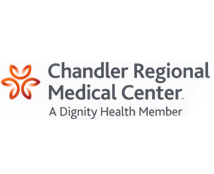
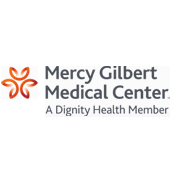
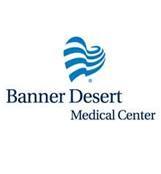
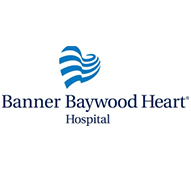
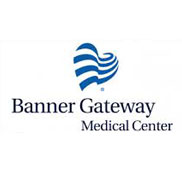
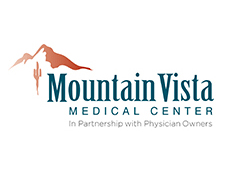
Leave a Reply